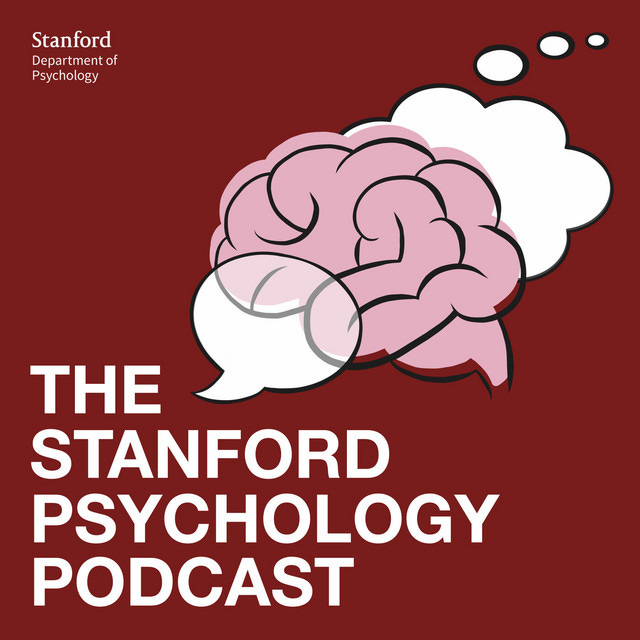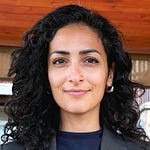Bella chats with professor Melissa Kibbe.
Melissa is an associate professor of Psychological & Brain Sciences at Boston University, where she directs the Developing Minds lab. Her lab studies infants and children’s development of object, numerical, and future-oriented cognition. She is also a passionate advocate for promoting equity and justice in science and academia.
In this episode, we discussed Melissa’s research on how infants and children perceive, understand, and remember objects and agents. For example, what do babies remember about objects when they are out of view? And does this memory about objects change when they see other people interacting with those objects?
Melissa also shares fascinating findings from the work in her lab that even babies as young as 6 months old already have an impressive working memory. In the end, Melissa shares personal advice with people who are in the process of applying to graduate school about how to find a program that is the best fit for them.
If you find this episode interesting, please leave us a good review on your podcast platform! It only takes a few minutes, but it will allow our podcast to reach more people and hopefully get them excited about psychology and brain sciences.
Links:
Melissa's lab: https://www.bu.edu/cdl/developing-minds-lab/
Melissa's Twitter: @levels_of
Papers mentioned in this episode:
Conceptually rich, perceptually sparse: Object representations in 6-month-olds’ working memory
https://www.bu.edu/cdl/files/2019/01/2019-KibbeLeslie-PsychScience.pdf
Two-year-olds use past experiences to accomplish novel goals
https://www.bu.edu/cdl/files/2021/09/2021-BlankenshipKibbe-JECP.pdf
Bella's website: https://bellafascendini.github.io/
Bella's Twitter: @BellaFascendini
Podcast Twitter: @StanfordPsyPod
Podcast Substack:
Let us know what you think of this episode or the podcast! :) stanfordpsychpodcast@gmail.com














Share this post